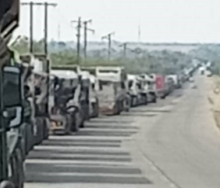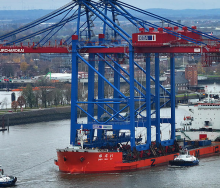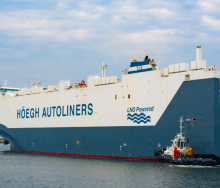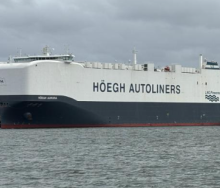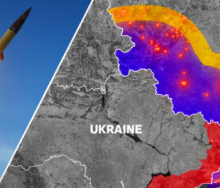Cross-border operators continue to view this year’s long-overdue operational implementation of the Border Management Authority (BMA) with cynicism - citing the lack of detail about pressing issues, notably how it will improve service delivery and productivity.
More importantly, long-haul transporters and clearing agents believe that the money that has been set aside to brand the BMA and equip it could be better spent – a claim that has been made before.
According to a report elsewhere, R124.9 million has been allocated over the medium-term to kit out BMA staff with uniforms and designs, launch a brand for the authority, and acquire 15 Toyota Land Cruisers for the purposes of patrolling the country’s borders.
Additionally, R606 million has been allocated to implement a new system to record passengers, as well as a further R486 million for a related system for advanced passenger processing.
There’s no certainty over whether the costs related to the two passenger systems will include the launch of an i-borders strategy devised to add a risk-profiling element to immigration.
Commenting on the Transist Bureau’s WhatsApp group this morning, a bulk liquid haulier (*) said news of the BMA’s implementation this year was scant on detail about “service delivery and improving productivity”.
For the most part the emphasis seems to be on “controlling and identifying people and stricter controls”.
In addition, a trade facilitator who has been extremely vocal in the past about the costs involved, lamented the fact that more than a billion would be spent on insignia, new uniforms, and vehicles.
A clearing agent added that it was regrettable that staggering sums of money could be spent on look-and-feel branding exercises when the country’s primary port of Durban urgently needed to claw back throughput lost to competing ports because of years of mismanagement, corruption, and congestion.
“It’s crazy.
“Infrastructural changes should come at the top of the list before insignia and uniforms.
“By the time all the money is spent, Durban will be the quietest port in Africa and transit trade will have disappeared to our neighbours.”
(*) Freight News took an editorial decision not to reveal the names of the cross-border operators mentioned in this post.

